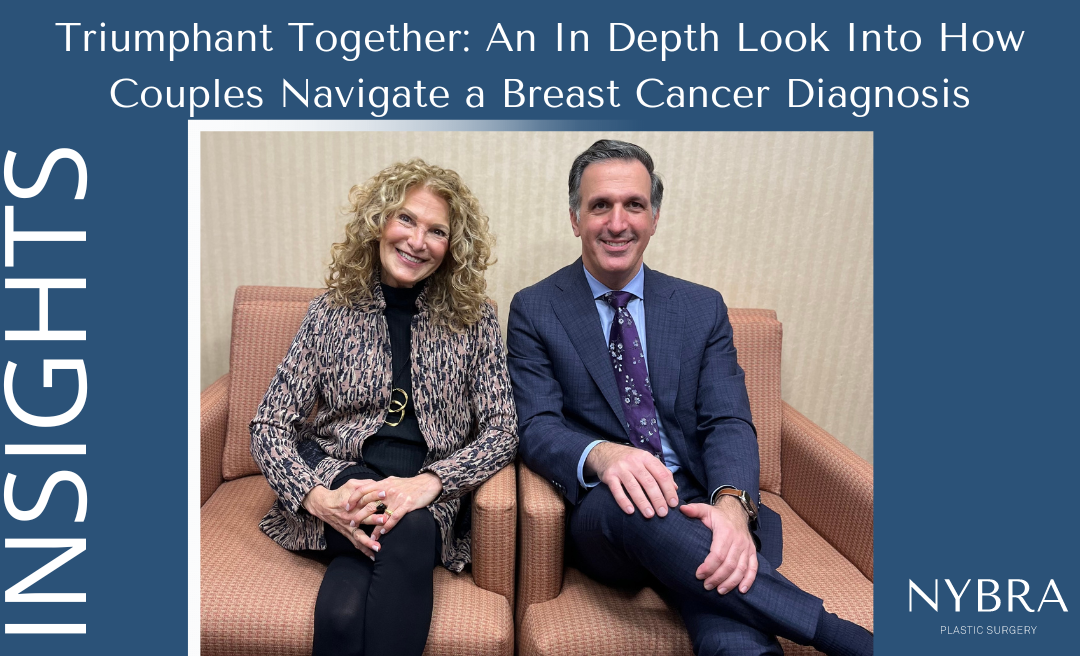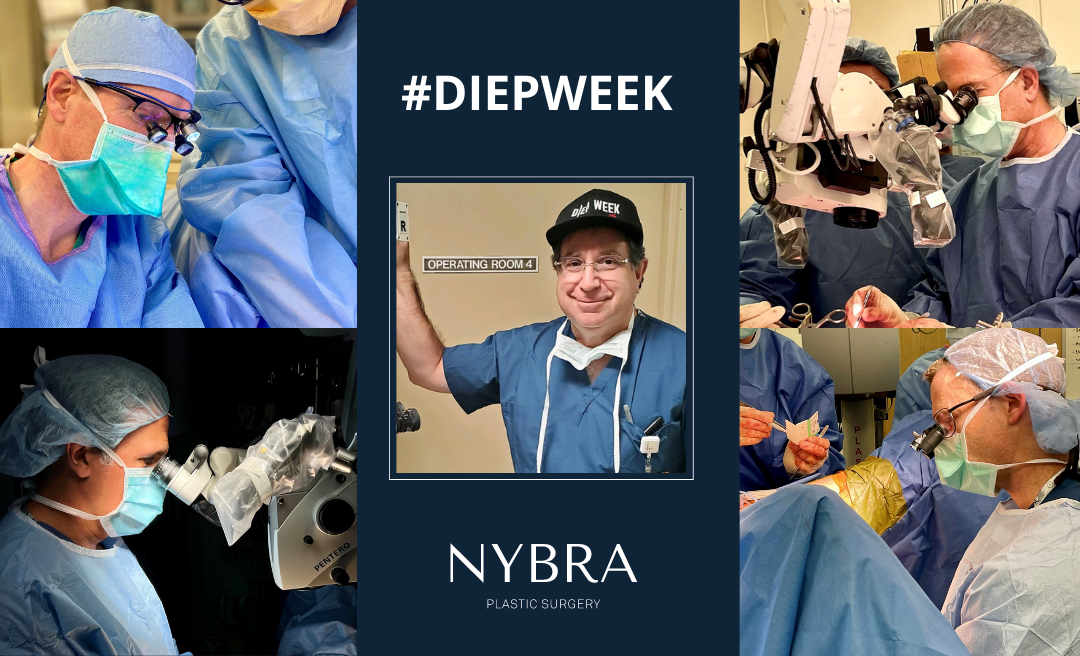Mollie Sugarman, Dr. David Light, and Four Couples Shed Light on How Breast Cancer Impacts Long-Term Relationships
February 14, 2023
“A cancer diagnosis can either alter a relationship positively or it can fracture an already stressed one. Healing is an active process that directly impacts both partners. Very frequently, spouses are the forgotten parties in this journey and it is critical for them and for the relationship to have access to support tools,” Patient Empowerment Program Clinical Director, Mollie Sugarman, said, opening up this installment of Insights: An Intimate Look at How Breast Cancer Affects Individuals From All Walks of Life.
This session focused on issues specific to heterosexual couples in long-term relationships or marriages. Mollie and Dr. David Light led a discussion on relationship-specific challenges and their potential to give way to growth. The conversation ranged from reimagining existing routines to intimacy to broader relationship paradigms and more.
Participating couples represented a broad spectrum of ages and backgrounds. For some, it was the first time they shared their diagnosis beyond their family. We are extremely grateful for their generous participation.
About the couples:
Charmaine and Wayne have been married for 19 years. Charmaine underwent bilateral mastectomies with breast reconstruction and chemotherapy in response to triple negative left breast in 2017 at age 39.
Diane and John will be married 28 years in May, 2023. Diane experienced three cancer diagnoses within 18 months, six and a half years ago. She underwent bilateral mastectomies with DIEP flap breast reconstruction. Diane was featured in our Patient Stories, here.
Carolyn and Shaine have been married for eight years. Carolyn underwent bilateral mastectomies with DIEP flap breast reconstruction and chemotherapy in response to HER2 positive breast cancer in 2018. Carolyn was featured in our Patient Stories, here, and on the blog, here.
Barbara and Ben have been married 42 years. Eighteen months ago, Barbara was diagnosed with breast cancer for which she ultimately underwent bilateral mastectomies with breast reconstruction.
Read on for a few revelations from the conversation.
Letting go of control requires deep understanding from both sides.
Partners need to be prepared to pick up slack, particularly when the patient they are supporting typically “runs” the household. The husbands in the conversation tended to have similar comments on this adjustment: it was not necessarily as difficult to do what needed to be done as it was to see the strong, assertive women in their lives relinquish control. Wayne put his response to this dynamic simply: “She has to know that I’m in her corner at all times.”
Charmaine, Carolyn, and Diane all acknowledged their difficulties when it came to ceding control.
“It was hard for me to lean on other people, to ask for help, so that was a growth for me through this process,” Carolyn said.
Even once they relinquished tasks to their husbands, many struggled to accept differences in approach.
Charmaine spoke to this challenge: “I had to just learn to step back. It may not be done Charmaine’s way, but it’s going to get done. So, just let him do it, because you can’t be everywhere right now. This is your time to just chill. You can’t do it, so just allow him his space, and it’ll get done.”
Support for husbands is good for both them and their spouses.
All participants agreed: support for spouses is vital to both parties, particularly since friends and family typically rally around the person who has been diagnosed.
“I was very glad that he had someone he could talk to—people he could talk to who had gone through this, because he didn’t have any friends to talk to who had gone through anything like it, and it seemed very important that get some support, because he was giving me so much” Barbara said of her husband’s participation in the PEP’s Men’s Breakfast Group.
Ben expanded on her sentiment. “[The] sessions are very fortifying. They enable us to move forward in small steps, and it brought me to the realization that it’s a slow process. Healing is a slow process, a step at a time.”
Intimacy often changes after mastectomy and reconstruction, and that’s OK!
“I mourn the loss of my starter buttons,” Diane said, speaking candidly about the lack of sensation in her reconstructed breasts and subsequent adjustments. “That being said,” she continued, “we did talk about it…[and] I found different starter buttons,“
Unlike some of the other couples, Carolyn said the lack of sensation in her breasts made her uncomfortable being touched in that area, which had played a significant role in prior intimacy. She and her husband discussed how that made both of them feel. That open communication made it possible for each to feel heard and move forward as a couple.
“I just respected her wishes, that’s all it was at the end of the day,” Shaine said.
Breast cancer can illuminate areas for growth within a relationship.
Diane and John were very vocal about the positive impact Diane’s diagnosis had on their relationship.
“Diane’s diagnosis— the hairy cell leukemia and breast cancer twice—was the best thing that ever happened to our relationship. It really brought us to such a wonderful place,” John said.
Diane explained that she initially shielded her husband from the ramifications of her illness. She leaned on a ready and willing network of friends and family to support her and prioritized his happiness over her needs as a partner.
“I realized I wasn’t sharing as much, because I was trying to protect him just like I was trying to protect my kids, and that wasn’t good,” she said.
That realization opened a conversation about their marriage that redefined how they related to each other. John said it was a necessary catalyst for individual work as he sought to be the type of partner Diane needed emotionally. Today, they remain invested in their emotional health individually and as a couple.
Spreading Awareness Through DIEP Week
DIEP flap breast reconstruction is one of NYBRA’s most-performed breast reconstruction surgeries. Our practice performed 423 in 2022 alone, among the highest volume practices in…
